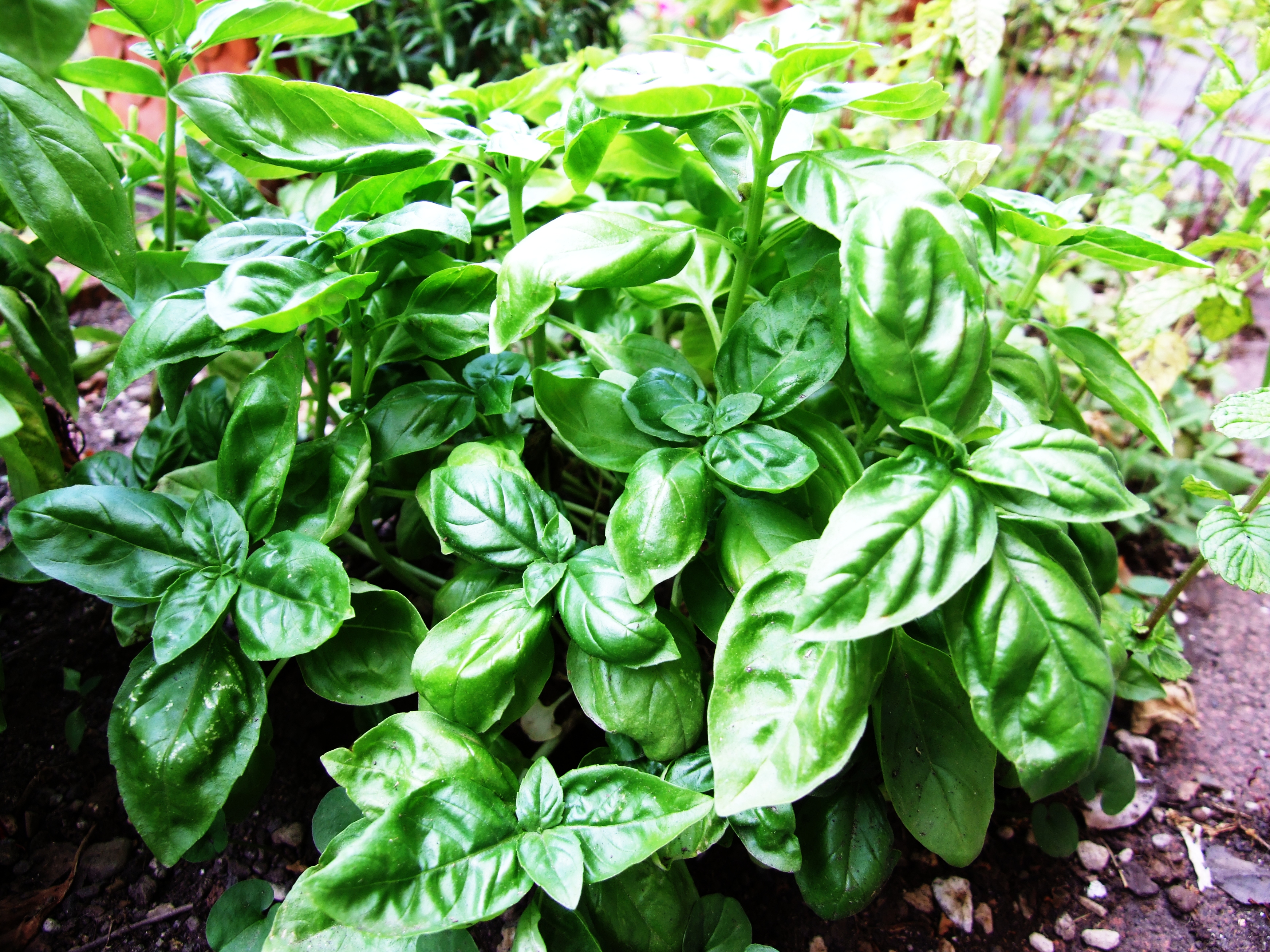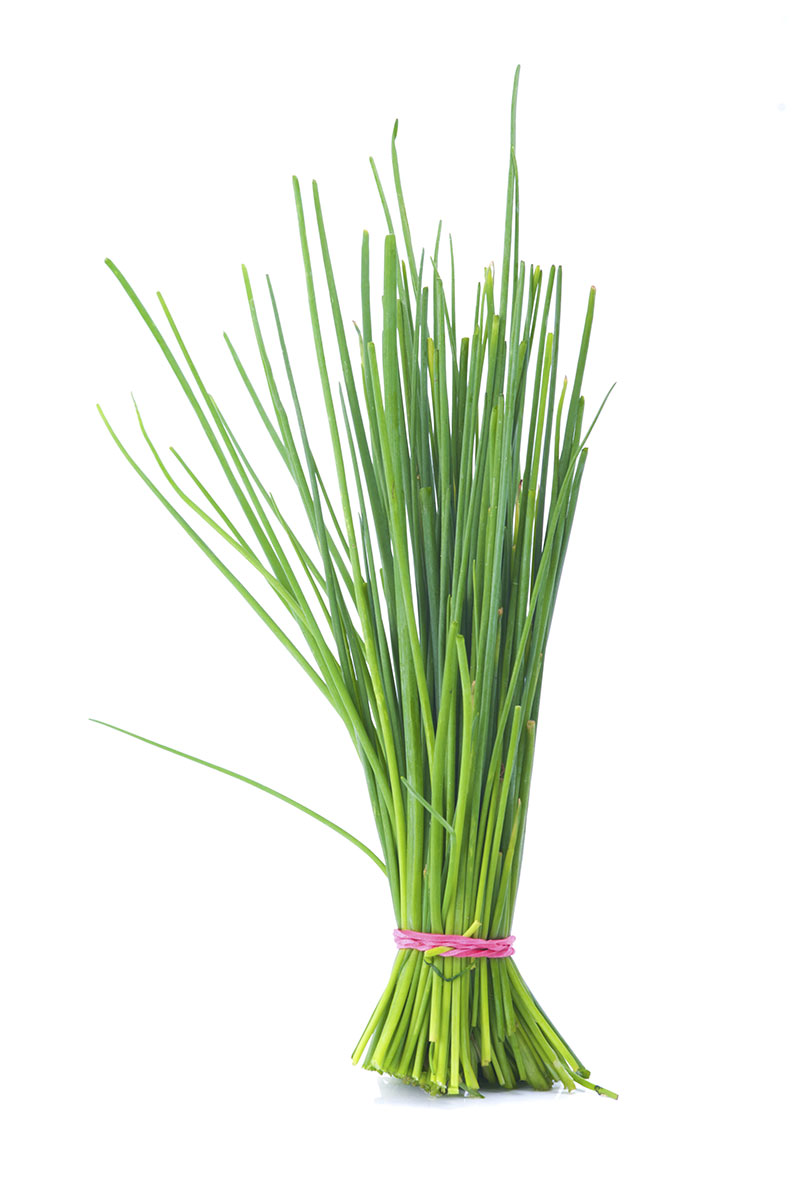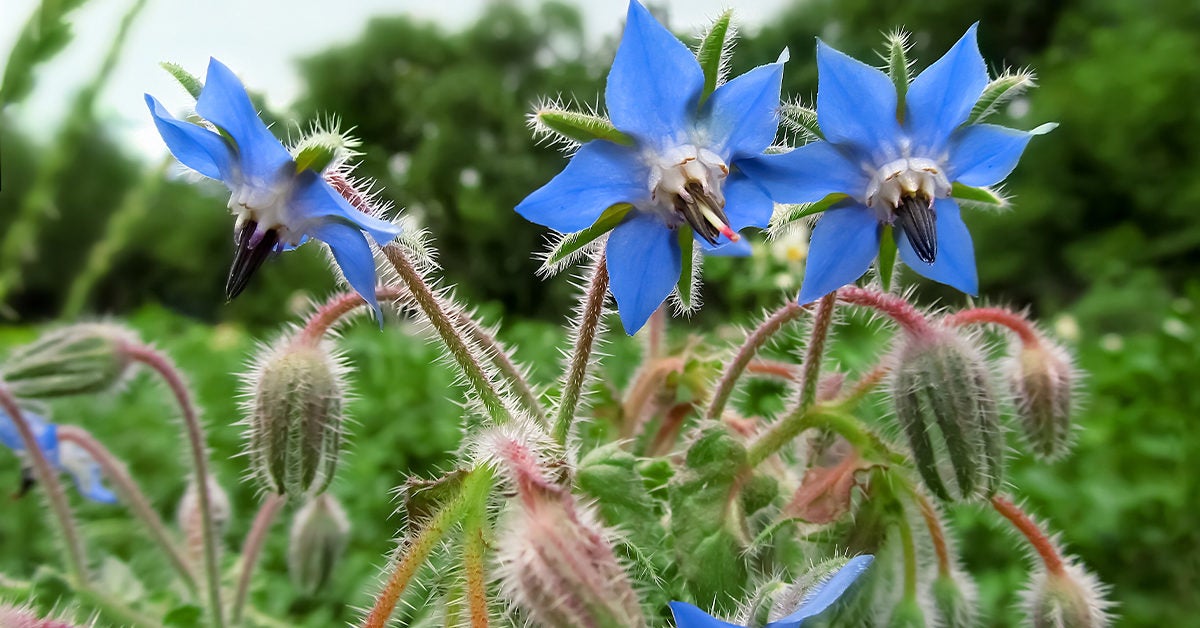The Best Tomato Companion Herbs To Grow In Your Garden
The Best Tomato Companion Herbs to Grow in Your Garden
Tomatoes are a popular garden vegetable that can be grown in a variety of climates. They are relatively easy to care for, but there are a few things you can do to help them thrive. One of the best ways to improve the health and productivity of your tomato plants is to plant companion herbs nearby.
Companion planting is the practice of planting different types of plants together that benefit each other. There are many different herbs that can be planted with tomatoes, but some of the best include:
- Basil: Basil is a classic companion plant for tomatoes. It has a strong scent that repels insects, including aphids, whiteflies, and hornworms. Basil also helps to improve the flavor of tomatoes.

- Chives: Chives are another great companion plant for tomatoes. They release sulfur compounds that help to deter pests, such as nematodes and spider mites. Chives also help to improve the flavor of tomatoes.

- Parsley: Parsley is a nutrient-rich herb that can help to improve the growth and health of tomatoes. It also helps to attract pollinators, such as bees and butterflies.

- Garlic: Garlic is a natural pest repellent that can help to protect tomatoes from aphids, spider mites, and other insects. It also helps to improve the flavor of tomatoes.
- Oregano: Oregano is a fragrant herb that can help to repel pests, such as mosquitoes and flies. It also helps to improve the flavor of tomatoes.
- Thyme: Thyme is a low-growing herb that can help to improve the drainage around tomato plants. It also helps to attract pollinators, such as bees and butterflies.
- Borage: Borage is a flowering herb that attracts pollinators, such as bees and butterflies. It also helps to improve the flavor of tomatoes.

In addition to these herbs, there are a few other plants that can be beneficial to grow near tomatoes. These include:
- Marigolds: Marigolds are a type of flower that has a strong scent that repels pests, such as aphids, whiteflies, and nematodes.

- Nasturtiums: Nasturtiums are another type of flower that has a strong scent that repels pests. They also help to improve the nitrogen levels in the soil, which can benefit tomato plants.

- Calendula: Calendula is a flowering herb that has a number of medicinal properties. It can help to repel pests, improve the health of tomato plants, and even help to prevent diseases.

When planting companion herbs near tomatoes, it is important to consider the size and growth habit of the plants. For example, basil and chives are relatively small plants that can be planted close to tomato plants. However, oregano and thyme are larger plants that should be planted a bit further away.
It is also important to consider the sunlight and water requirements of the plants. Most companion herbs for tomatoes prefer full sun and well-drained soil. However, there are a few exceptions, such as borage, which can tolerate partial shade.
By planting companion herbs near your tomato plants, you can help to improve their health, productivity, and flavor. So next time you are planning your garden, be sure to include some of these beneficial herbs.
Tomatoes and herbs are a match made in heaven. Not only do they taste great together, but they can also help each other thrive. For example, basil helps to repel pests that can damage tomatoes, while tomatoes provide support for basil plants.
If you're looking to improve the health and productivity of your tomato plants, consider planting some of these companion herbs:
- Basil: The classic tomato companion herb, basil helps to repel pests and improve the flavor of tomatoes.
- Chives: Chives help to deter aphids and other pests, and their roots release compounds that can help to protect tomatoes from soil-borne diseases.
- Oregano: Oregano attracts beneficial insects that prey on tomato pests, and its essential oils can help to protect tomatoes from disease.
- Parsley: Parsley attracts ladybugs and other beneficial insects, and its roots help to improve the drainage and aeration of the soil around tomato plants.
- Mint: Mint helps to repel pests and attract pollinators, and its roots release compounds that can help to suppress the growth of weeds.
For more information about tomato companion herbs, please visit Gardenia Inspiration. This website provides a comprehensive list of herbs that can be planted with tomatoes, as well as information about the benefits of companion planting.
FAQ of tomato companion herbs
Question 1: What are companion herbs?
Answer: Companion herbs are plants that are grown together in order to benefit each other. Some companion herbs attract beneficial insects, while others deter pests. Some help to improve the soil, while others improve the flavor of the tomatoes.
Question 2: What are some good companion herbs for tomatoes?
Answer: Some of the best companion herbs for tomatoes include:
- Basil: Basil is a classic companion herb for tomatoes. It helps to repel pests, such as aphids and tomato hornworms. It also improves the flavor of tomatoes.
- Marigolds: Marigolds are another great companion herb for tomatoes. They help to repel nematodes, which are harmful soil-dwelling pests.
- Chives: Chives help to improve the flavor of tomatoes, and they also deter pests.
- Mint: Mint helps to repel mosquitoes and other insects. It can also help to improve the drainage of the soil around tomatoes.
- Oregano: Oregano helps to improve the flavor of tomatoes, and it also deters pests.
Question 3: How should I plant companion herbs with tomatoes?
Answer: When planting companion herbs with tomatoes, it is important to choose herbs that have similar growing requirements. For example, basil and tomatoes both prefer full sun and well-drained soil.
It is also important to plant the herbs at the same time as the tomatoes. This will help the herbs and tomatoes to establish themselves at the same time.
Question 4: How do companion herbs benefit tomatoes?
Answer: Companion herbs benefit tomatoes in a number of ways. They can:
- Repel pests: Some companion herbs, such as marigolds and chives, can help to repel pests that damage tomatoes.
- Improve the flavor of tomatoes: Some companion herbs, such as basil and oregano, can improve the flavor of tomatoes.
- Improve the soil: Some companion herbs, such as mint and parsley, can help to improve the drainage of the soil around tomatoes.
- Attract beneficial insects: Some companion herbs, such as basil and lavender, can attract beneficial insects that help to control pests.
Question 5: What are some companion herbs that should not be planted with tomatoes?
Answer: There are a few companion herbs that should not be planted with tomatoes. These include:
- Fennel: Fennel can compete with tomatoes for water and nutrients.
- Potatoes: Potatoes and tomatoes are both susceptible to the same pests and diseases. Planting them together can increase the risk of infection.
- Cucumbers: Cucumbers and tomatoes can compete for water and nutrients.
Image of tomato companion herbs
Sure, I found you 5 different images of "tomato companion herbs" from Pinterest.com:
- Basil is a classic companion herb for tomatoes. It helps to repel pests, improve flavor, and attract pollinators.
- Chives are another great herb to plant near tomatoes. They help to repel aphids and other pests, and they also add a delicious flavor to tomato dishes.
- Marigolds are not technically herbs, but they are a great companion plant for tomatoes. They help to repel pests, such as nematodes and tomato hornworms, and they also add a splash of color to the garden.
- Parsley is a versatile herb that can be planted near tomatoes. It helps to attract pollinators, improve flavor, and suppress weeds.
- Thyme is a fragrant herb that can help to repel pests and improve flavor. It is also a good choice for container gardening, as it does not need a lot of space.

Post a Comment for "The Best Tomato Companion Herbs To Grow In Your Garden"